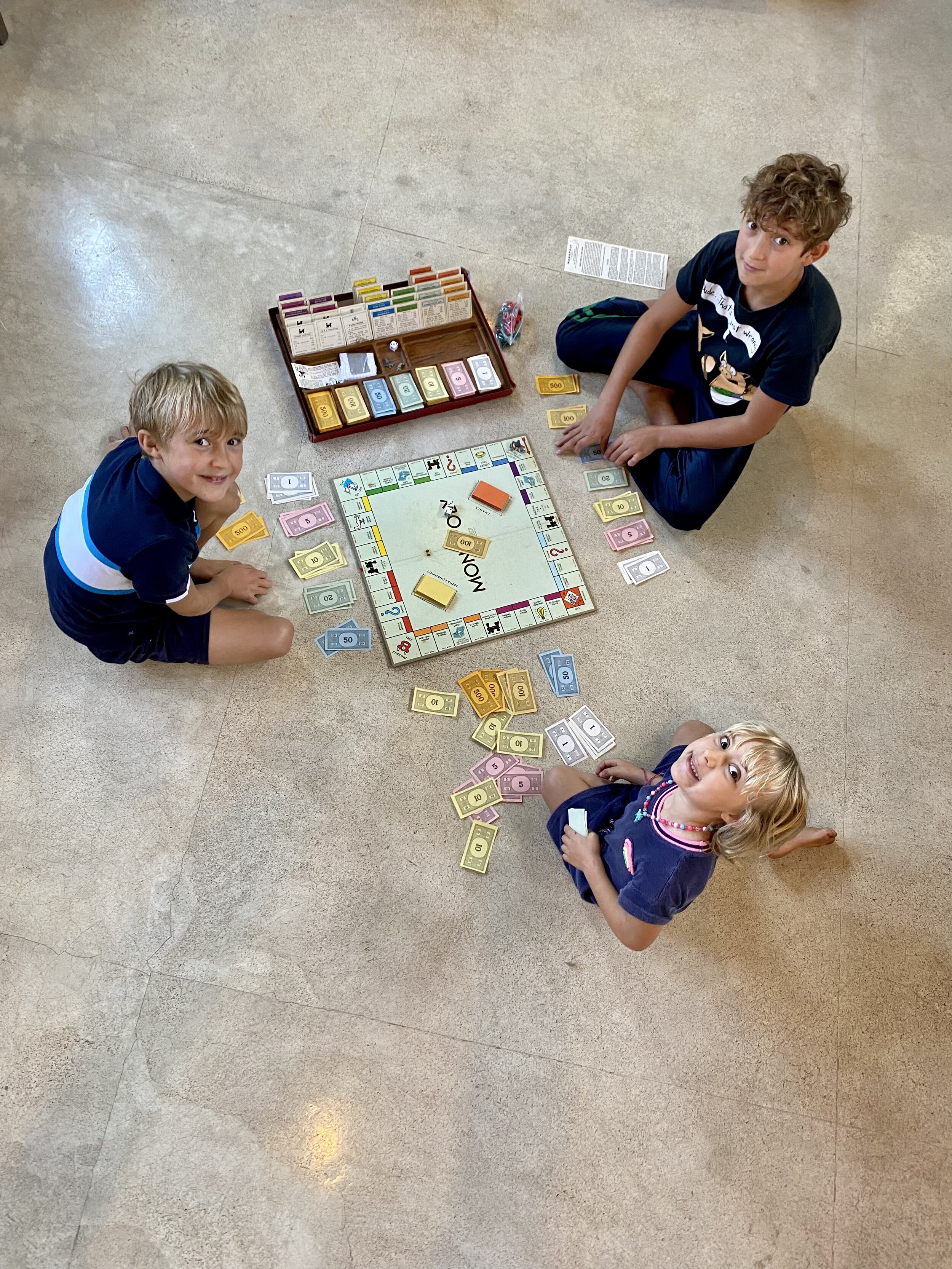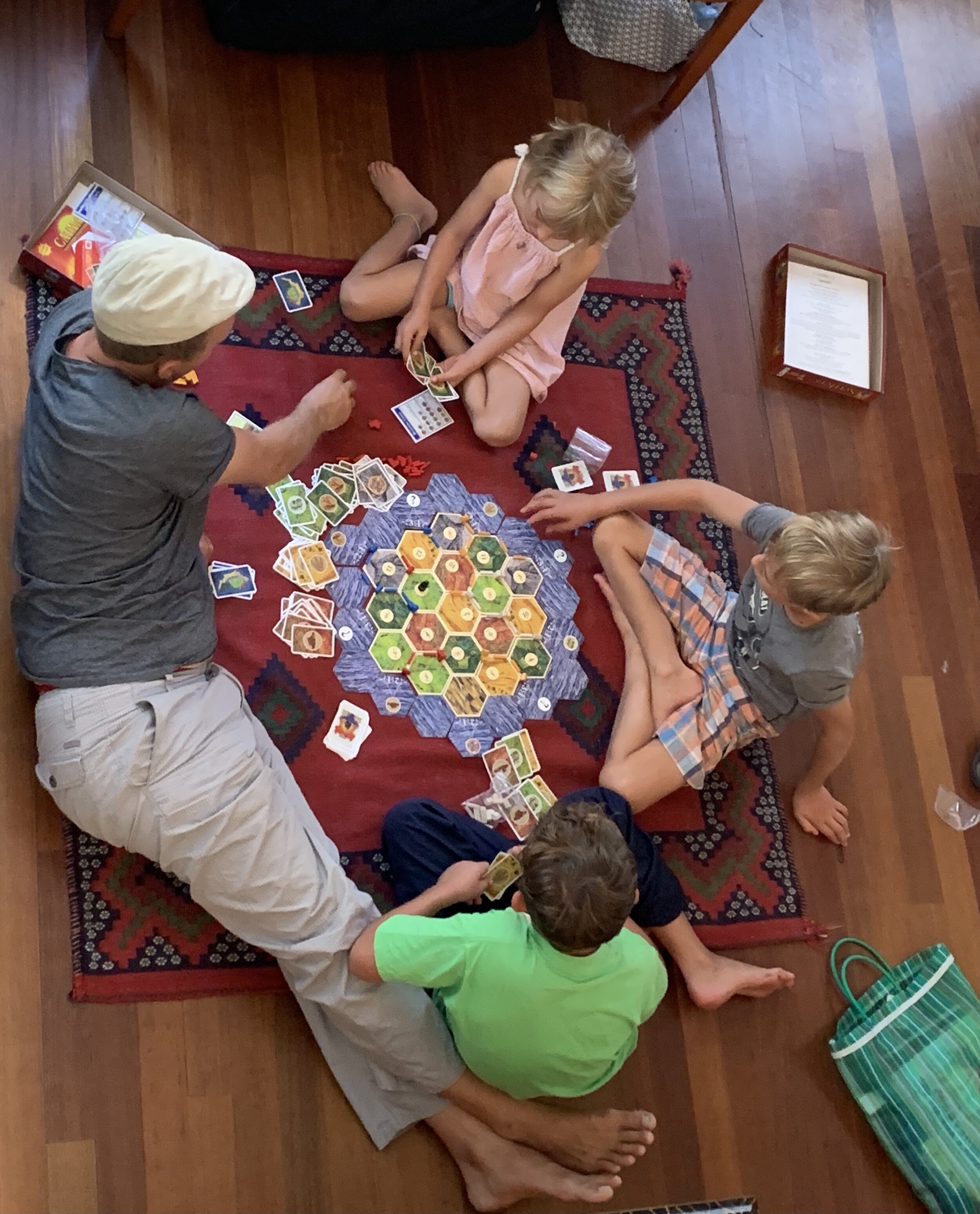The Balance Book Mentality
Relationships aren’t about a series of trades and trying to win…
We all fall into moments in which we compare what we receive with what we give or we look at others and feel they have it that much better. Like when your partner does something insensitive or shows a lack of appreciation for your hard work. These situations are human and natural. We give different things. And we may even like to receive differently, so expecting partners to give everything equally, mostly does not work out.
Social exchange theory (or what I call: The Balance Book Mentality) really can’t be applied to emotional relationships that use trust as their base, because the moment you start comparing what you have, you begin to undermine its value. The worse things are in your relationship, the better everyone else's is going to look and by comparing yourself, you only feel worse. You're ultimately sabotaging your relationship.
Social exchange theory rests on several assumptions about human nature and the nature of relationships. The first assumption is that people tend to seek out rewards and avoid punishments. The second assumption is that people begin interactions to gain the maximum benefit with the minimal cost. (“What’s in it for me?”) The third assumption is that people calculate the benefits and costs before engaging. And the theory assumes that people know that this “payoff” will vary from person to person, as well as, with the same person over time.
But emotional relationships do not work this way. We do not quietly calculate the work we put into nurturing our children, in the hopes that in 30 years we will be taken care of; nor do we nurture our baby calculating how many hours it will be before we receive the first smile or “I love you.” The act of giving in love happens because we feel good doing it. The process is fun.
Marriage and raising kids isn’t always fun though. I have three kids. I know. And one is inching into his teenage years with plenty of attitude and un-reciprocal behavior. And he is constantly calculating how he can get what he wants from me and it actually does hurt my feelings. (“Adolescents' brains seem to bias their decision-making capabilities in the direction of favoring short-term benefits, even when these benefits are weighed against potential long-term detriments,” says Jonathan Cohen, MD, Ph.D., of the department of psychology at Princeton University. Studies have likened the teenage brain to that of a psychopath and urge parents to keep this in mind when we are nearly going mad).
Feeling that my son has an agenda with me isn’t how I want to be loved. My point is that love is not a balance-book of rational thinking. And the moment you begin to think that way, it feels a bit corrupted. This isn’t just how I feel. Studies have shown that couples that compare their partners to others are more likely to cheat because neglecting the relationship plays a large role in marital dissatisfaction, but it is not usually enough to lead to affairs. What may start as anger, hurt, and disconnection can eventually lead to a powerful force within the relationship when negative comparisons of the partner with an idealized other take hold. These negative comparisons reinforce what John Gottman describes as an “absorbing state,” driving unhappiness into a destructive force of negative thinking – “Why am I even in this relationship? Why can’t my partner be more loving?…caring?..interested in me?…laugh at my jokes?..smile more?…etc?”
And think about it, trusting that our loved ones want the best for us is the basis of the relationship. The moment we question the motives of our partners (and even friends) we begin to eat away at the backbone of the relationship.
For sure, your partner doesn’t always feel like cleaning up and may at times slack (I have a husband too…). But if your partner knew that cleaning up was that important to you, they would not only consider your needs but help you. Sometimes being self-absorbed and not communicating our needs leads to big conflicts about feeling not cared about.
So rather than continuing to expect the balance book of care in the relationship, throw out your notion of total equality. Complete 50/50 does not exist because we are all different with different gifts and needs. Instead, try to communicate about what needs are most important to each of you and why.
Are you looking for help with your relationship? Do you feel that a relationship coach could help you working on your couples skills? Is communication an issue? Have you ever considered couples therapy or counseling? As a psychotherapist and relationship coach, I am uniquely positioned to help you through these moments of disconnect and conflict.
__
Learn more about my approach to life consulting and relationship coaching here or get in touch for your free 30-minute consultation here! Don’t forget to follow along @LilyManne on social for more regular updates!


